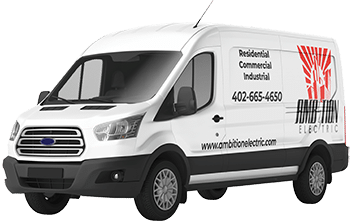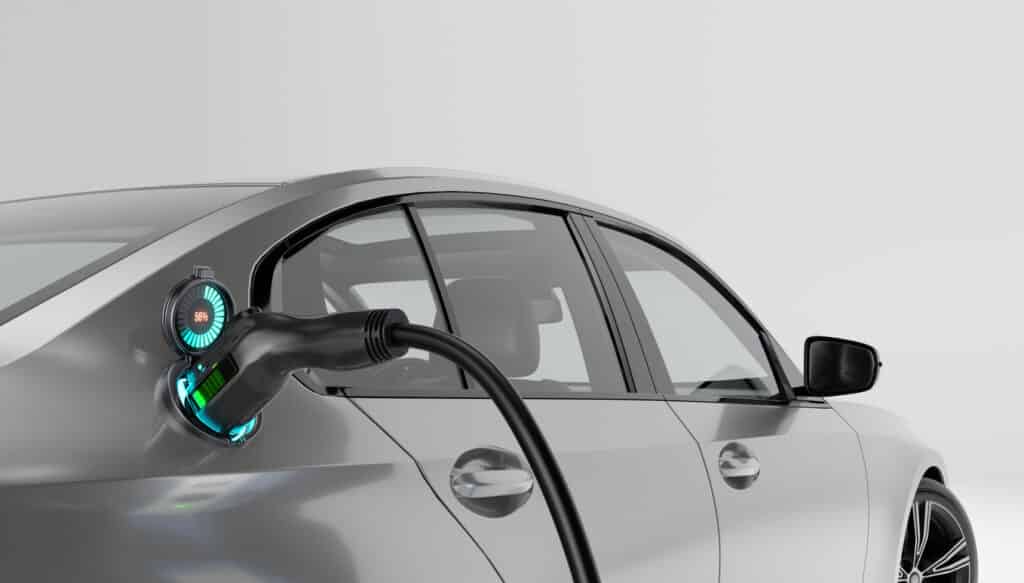Electrical vehicles (EVs) come with lower maintenance and refueling costs than gas-powered vehicles. However, your charging strategy makes the most significant difference in your savings.
The costs to charge depend on whether you charge at home or use a public charging station. Many homeowners consider charging at home as as a way to economize.
Charging at Home
Most Nebraska residents are paying about 11.76 cents per kilowatt-hour for electricity. Charging your EV battery is reasonably priced at this rate.
A battery with 40 kWh usually offers 3–4 mi/kWh on a full charge. However, newer EVs may provide better mileage. When you opt to charge your car during off-peak hours, you might enjoy further savings, depending on your electric provider.
Based on the average annual mileage of American drivers, you could spend $500–$600 each year charging at home. The fuel costs for gas-powered vehicles average $1,000–$2,000 a year based on the average 13,489 miles a year that the average American drives.
Installation Costs
Level 2 charging stations are the charging options of choice for most EV owners. These stations require installation by a certified electrician.
Some Level 2 charging stations cost under $1,000 to install. However, if your electrical panel needs an upgrade, the costs might exceed $3,000. Taking a federal tax credit is a great way to maximize your savings.
Public Charging
The United States boasts more than 50,000 public EV charging stations, with the numbers expected to grow over the next five years thanks to government incentives. The costs of using public charging stations can be three times greater than charging at home.
Most Level 2 charging stations cost $1–$5 an hour for charges. When using Level 3 or DC fast charging stations, costs may average $10–$30 per hour.
Exclusive reliance on public charging stations may cost $700–$2,300 per year depending on whether you use Level 2 or Level 3 charging stations. Frequent outages and long lines often make these stations an unreliable choice.
What Are the Long-Term Costs?
How far you drive every day and the traffic conditions you travel in may impact your decision about charging at home. The convenience and reduced maintenance costs associated with EVs make a compelling case for at-home charging for most drivers.
The cost savings associated with charging at home are significant. When you decide that home EV charging is for you, you need to choose a company that has an excellent reputation for installing stations with great efficiency.
Reach out to our team at Ambition Electric for all your EV charger needs in Lincoln, NE and the surrounding areas.




